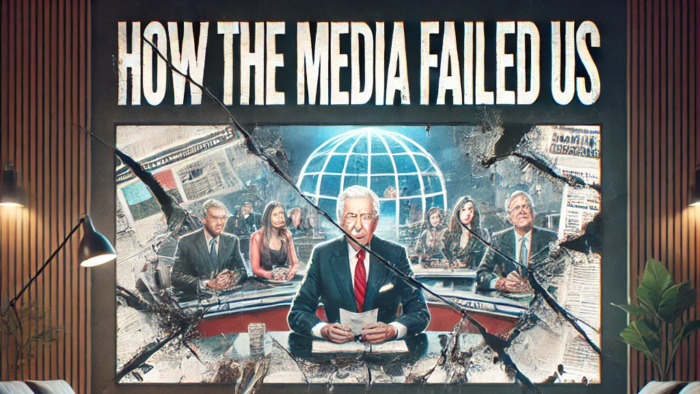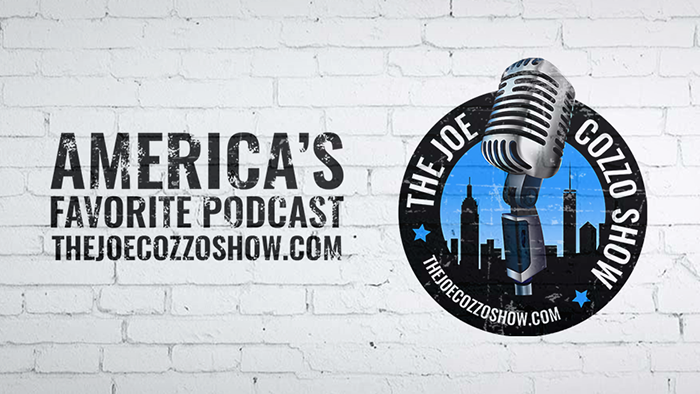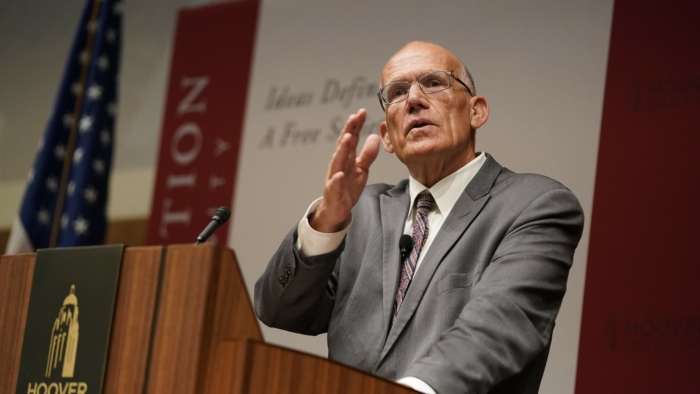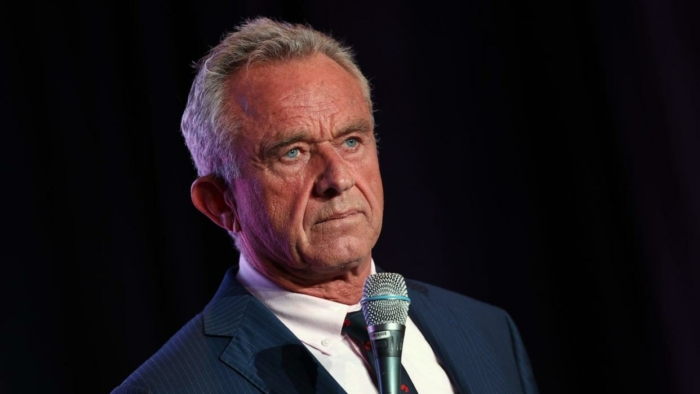Critique: The Biden Administration, Media Credibility, and the Demand for Transparency
The Wall Street Journal’s recent exposé on how the Biden administration functioned under a diminished leader paints a troubling picture of an administration shielded by an extraordinary insulation layer. This revelation raises significant concerns about trust in media, the accountability of elected officials, and the implications for America’s global standing.
Misleading the Public
The Biden administration’s strategy to mitigate the perception of the president’s decline—including scripting public interactions and limiting access—calls into question its commitment to transparency. Aides reportedly curated the president’s news consumption, excluding negative stories and shielding him from direct polling data. The public was assured of Biden’s capabilities, with figures like Vice President Kamala Harris claiming, “The president’s health is excellent; there is absolutely no cause for concern.”
Such narratives starkly contrast with insider accounts of Biden’s struggles to recall key information and execute basic tasks without assistance. This dual reality is not merely a matter of optics, but a betrayal of the trust voters place in their leaders to communicate honestly and effectively.
Politicians Question Biden’s Fitness
Questions about Biden’s ability to lead have been raised by politicians across the political spectrum. Republican Senator Lindsey Graham remarked, “It’s clear President Biden is struggling with the demands of the office,” while Democratic Senator Joe Manchin noted, “The job requires a level of energy that I’m not sure the president has been able to sustain.” Former President Donald Trump capitalized on the issue during debates, asserting, “Joe Biden doesn’t have the mental or physical stamina to be president.” Even within his party, whispers of doubt emerged, with Senate Majority Leader Chuck Schumer pressing Biden directly on his capacity to stay in the race.
Global Perception and National Security
Biden’s diminished capabilities likely influenced how world leaders perceive America. A president’s real and perceived strength is crucial for maintaining alliances and deterring adversaries. Concerns about Biden’s acuity may have emboldened rivals like China and Russia, while allies might question the reliability of American leadership. National security could be at risk when staffers drive foreign policy decisions more than the president. Defense Secretary Lloyd Austin’s reportedly diminishing access to Biden during critical moments, including the wars in Ukraine and Gaza, further underscores this vulnerability.
Media Timing and Accountability
The timing of this Wall Street Journal’s expose, How the White House Functioned With a Diminished Biden in Charge, released after the election, raises questions about the role of the media in holding leaders accountable. Why was this story, built on interviews with nearly 50 individuals, not published earlier when voters were making critical decisions? By withholding such crucial information until after the election, the media inadvertently becomes complicit in maintaining the illusion of normalcy, undermining public trust.
The Need for Absolute Transparency
This situation underscores the dire need for absolute transparency from elected officials. The American people deserve leaders who are forthcoming about their capacities and challenges. When health or ability becomes a barrier to effective governance, it is the president’s and administration’s responsibility to address it openly. Despite clear signs of decline, Biden’s decision to run for re-election ultimately damaged his party, as evidenced by Kamala Harris’s replacement on the ticket and the subsequent Democratic loss to Trump.
Conclusion
The Biden administration’s approach to managing the president’s decline—coupled with the delayed reporting by major media outlets—has profound implications for trust in government and journalism. Moving forward, the American electorate must demand greater transparency and accountability. Leaders must be willing to confront their limitations honestly, and the media must fulfill its role as a watchdog, not a gatekeeper, of the truth. Only through these measures can the integrity of American democracy be preserved.












